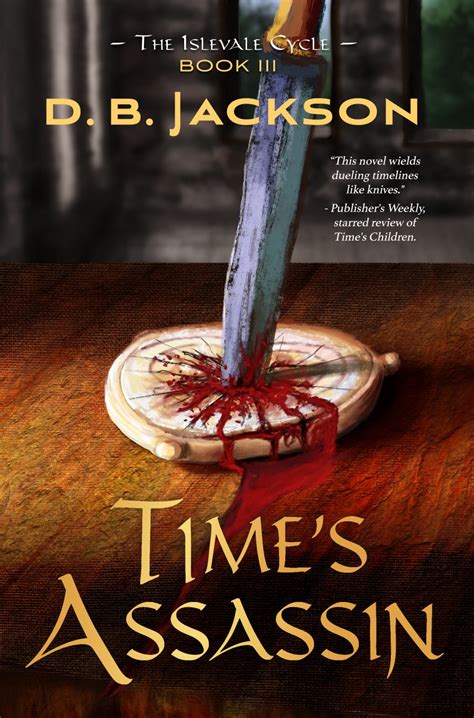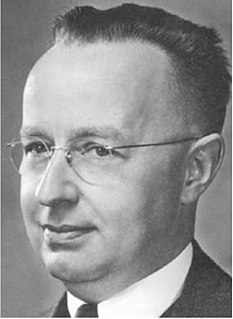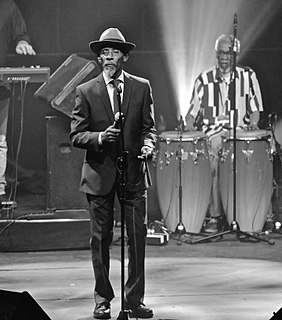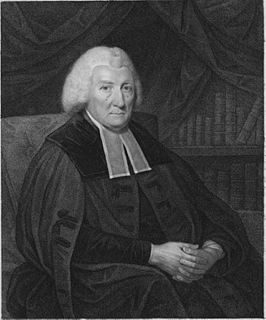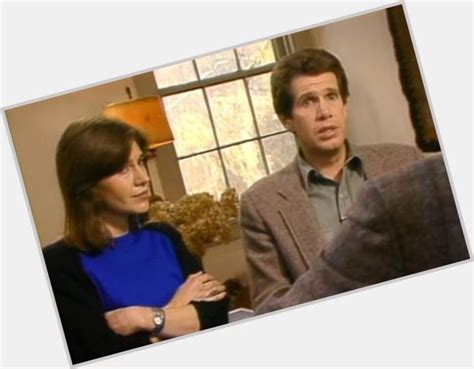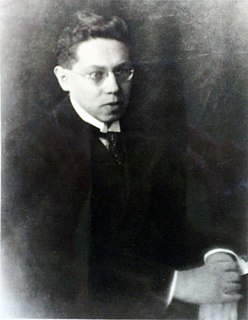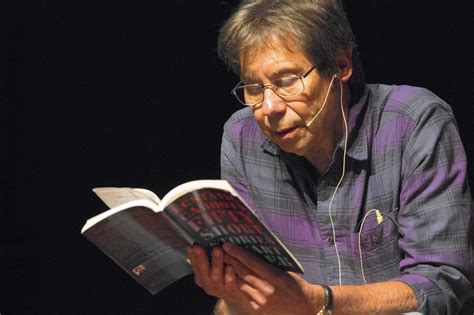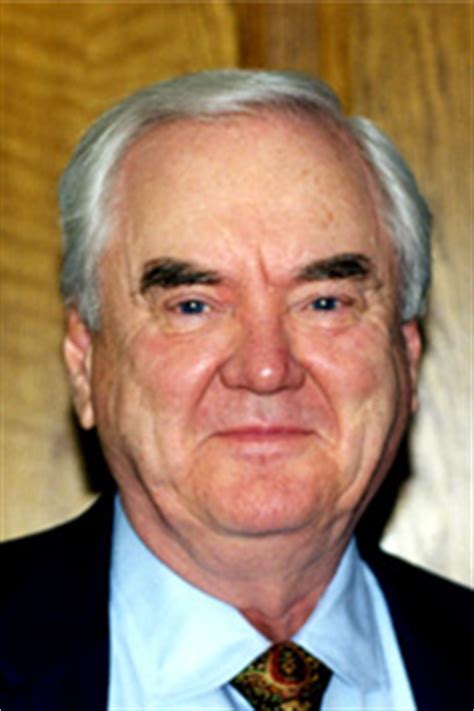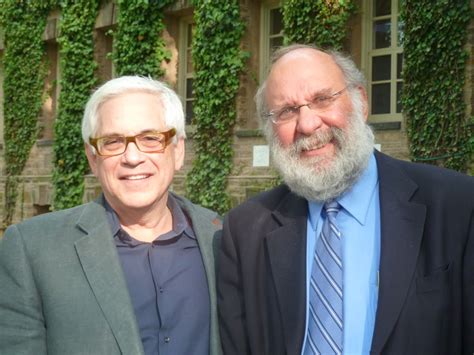Top 1200 Historical Accuracy Quotes & Sayings
Explore popular Historical Accuracy quotes.
Last updated on April 14, 2025.
I think that the reason that people are so up in arms about movies that have historical inaccuracies is because now that we've trashed our education institutions beyond repair, people fear that the only people are getting their histories is through the movies, so the elephant in the room is that no one wants to talk about why we're so passionately obsessed with accuracy.
I mistakably paid respect and condolences to the wrong Beastie Boy member King Ad-Rock when it should have been MCA. In light of this, I am redoing the song 'Hip Hop Speaks From Heaven' and I am pulling the original version off of my digital release. Historical accuracy is extremely important to me, so I accept all responsibility for this error.
It is easy to see, though it scarcely needs to be pointed out, since it is involved in the fact that Reason is set aside, that faith is not a form of knowledge; for all knowledge is either a knowledge of the eternal, excluding the temporal and historical as indifferent, or it is pure historical knowledge. No knowledge can have for its object the absurdity that the eternal is the historical.
The Bible is an ancient text from an ancient context. We live thousands of miles and thousands of years away from that context, which also represents different cultures. Archaeology is a modern means of revealing both the lost record of the ancient world, and the historical and social world of the Bible. While the purpose of archaeology is not to prove the historicity of the people and events recorded in Scripture, it can help immeasurably to confirm the historical reality and accuracy of the Bible and to demonstrate that faith has a factual foundation.
Innate sensuousness rarely has any desire for accuracy, no desire for precise information. It basks in sunshine, bathes in color, dwells in a sense of the impressive and the gorgeous, and rests there. Accuracy is not necessary except in the case of aggressive, acquisitive natures, when it manifests itself in a desire to seize. True controlling sensuousness cannot be manifested in the most active dispositions, nor again in the most accurate.
....the popular music of Jamaica, the music of the people, is an essentially experiential music, not merely in the sense that the people experience the music, but also in the sense that the music is true to the historical experience, that the music reflects the historical experience. It is the spiritual expression of the historical experience of the Afro-Jamaican.
Considering that virtually none of the standard fare surrounding Thanksgiving contains an ounce of authenticity, historical accuracy, or cross-cultural perception, why is it so apparently ingrained? Is it necessary to the American psyche to perpetually exploit and debase its victims in order to justify its history?
Accuracy is paramount in every detail of a work of history. Here's my rule: Ask yourself, 'Did this thing happen?' If the answer is yes, then it's historical. Then ask, 'Did this thing happen precisely this way?' If the answer is yes, then it's history; if the answer is no, not precisely this way, then it's historical drama.
Great abilities are not requisite for an Historian; for in historical composition, all the greatest powers of the human mind are quiescent. He has facts ready to his hand; so there is no exercise of invention. Imagination is not required in any degree; only about as much as is used in the lowest kinds of poetry. Some penetration, accuracy, and coloring, will fit a man for the task, if he can give the application which is necessary.
There are dozens of writings outside of the Bible that verify the historical accuracy of many of the names of people, places, and events mentioned in the Bible. In fact, external sources verify that at least eighty persons mentioned in the Bible were actual historical figures. Fifty people from the Old Testament, and thirty people from the New Testament.
We thought everybody knew by now that barrel length has almost nothing to do with accuracy. I believe the myth of the superior accuracy of a long rifle dates from colonial days, when the only way to extend sight radius was to make the barrel as long as possible. It is interesting how long it takes a myth to die.
What distinguishes the historical social system we are calling historical capitalism is that in this historical system capital came to be used (invested) in a very special way. It came to be used with the primary objective or intent of self-expansion. In this system, past accumulations were 'capital' only to the extend they were used to accumulate more of the same.
In 'Labor Day Hurricane, 1935,' Douglas Trevor vividly recreates a historical event. While that is the only story in A THIN TEAR IN THE FABRIC OF SPACE in the historical past, many of the other stories juxtapose fact-both historical and scientific-with narration to an engaging effect, one that distinguishes the voice of this new writer.
This is a major, wide-ranging, and comprehensive book. A philosophical investigation that is also a literary and historical study, Truth and Truthfulness asks how and why we have come to think of accuracy, sincerity, and authenticity as virtues. Bernard Williams' account of their emergence is as detailed and imaginative as his defense of their importance is spirited and provocative. Williams asks hard questions, and gives them straightforward and controversial answers. His book does not simply describe and advocate these virtues of truthfulness; it manifests them.


